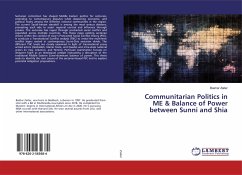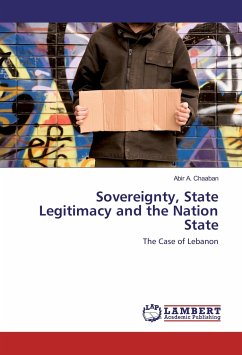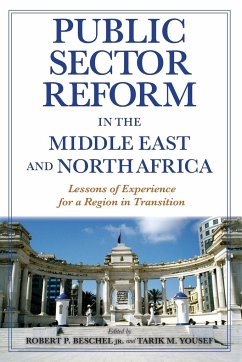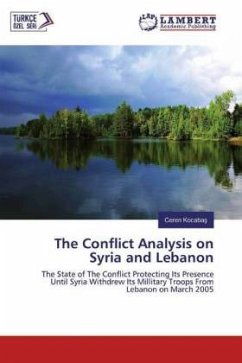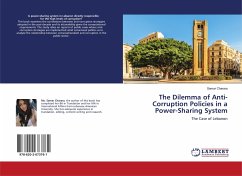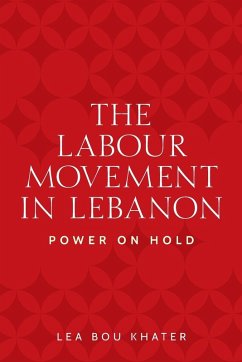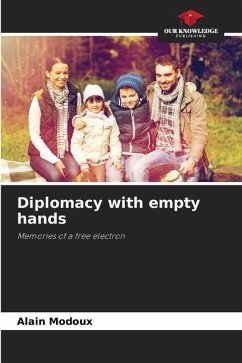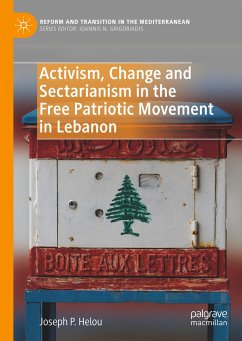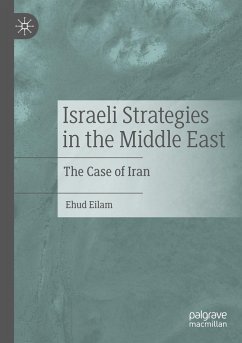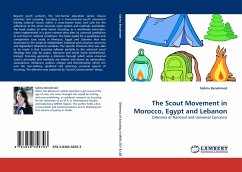
The Scout Movement in Morocco, Egypt and Lebanon
Dilemma of National and Universal Concerns
Versandkostenfrei!
Versandfertig in 6-10 Tagen
45,99 €
inkl. MwSt.

PAYBACK Punkte
23 °P sammeln!
Beyond youth activism, the non-formal education sector, leisure activities and camping, Scouting is a transnational youth movement linking national Scouts within a cross-border basis and calls for the adherence to the same universal value system and methods worldwide. The book studies to what extent Scouting, as a worldwide institution, when implemented in a given context does alter its universal symbolism to suit local or national conditions. The book opted for a qualitative and comparative case study in Morocco, Egypt and Lebanon that was examined on the scope of independent (national and un...
Beyond youth activism, the non-formal education sector, leisure activities and camping, Scouting is a transnational youth movement linking national Scouts within a cross-border basis and calls for the adherence to the same universal value system and methods worldwide. The book studies to what extent Scouting, as a worldwide institution, when implemented in a given context does alter its universal symbolism to suit local or national conditions. The book opted for a qualitative and comparative case study in Morocco, Egypt and Lebanon that was examined on the scope of independent (national and universal concerns) and dependent (dilemma) variables. The specific inference that was able to be made is that Scouting adheres partially to the universal scout ideology that calls for peace, tolerance and world Scout brotherhood. Instead, Scouting generates a dilemma through which some universal scout s principles and methods are altered and driven by nationalism, sectarianism, militarism, politics, religion and discrimination which win over the non-military, apolitical and voluntary universal aspects of Scouting. The dilemma was explained by "Social Constructivism" theory



